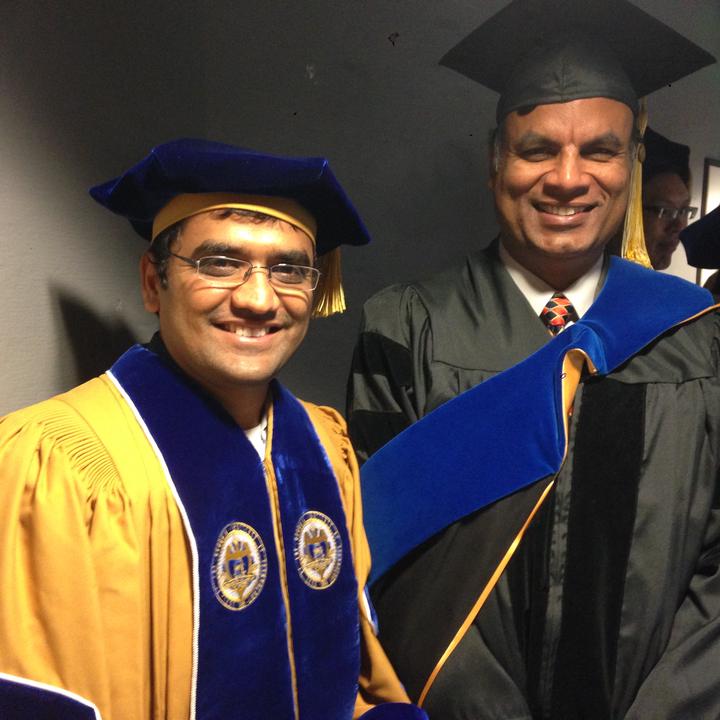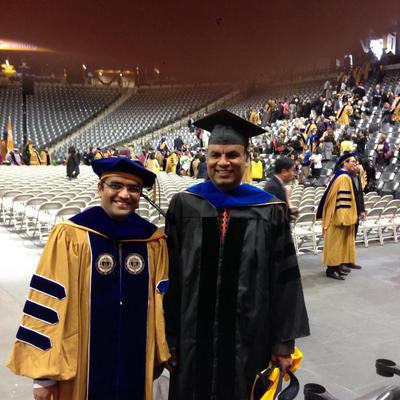
Abstract
Discrete dynamic system models that track, maintain, utilize, and evolve virtual time are referred to as virtual time systems (VTS). The realization of VTS using virtual machine (VM) technology offers several benefits including fidelity, scalability, interoperability, fault tolerance and load balancing. The usage of VTS with VMs appears in two ways: (a) VMs within VTS, and (b) VTS over VMs. The former is prevalent in high-fidelity cyber infrastructure simulations and cyber-physical system simulations, wherein VMs form a crucial component of VTS. The latter appears in the popular Cloud computing services, where VMs are offered as computing commodities and the VTS utilizes VMs as parallel execution platforms. Prior to our work presented here, the simulation community using VM within VTS (specifically, cyber infrastructure simulations) had little awareness of the existence of a fundamental virtual time-ordering problem. The correctness problem was largely unnoticed and unaddressed because of the unrecognized effects of fair-share multiplexing of VMs to realize virtual time evolution of VMs within VTS. The dissertation research reported here demonstrated the latent incorrectness of existing methods, defined key correctness benchmarks, quantitatively measured the incorrectness, proposed and implemented novel algorithms to overcome incorrectness, and optimized the solutions to execute without a performance penalty. In fact our novel, correctness-enforcing design yields better runtime performance than the traditional (incorrect) methods. Similarly, the VTS execution over VM platforms such as Cloud computing services incurs large performance degradation, which was not known until our research uncovered the fundamental mismatch between the scheduling needs of VTS execution and those of traditional parallel workloads. Consequently, we designed a novel VTS- aware hypervisor scheduler and showed significant performance gains in VTS execution over VM platforms. Prior to our work, the performance concern of VTS over VM was largely unaddressed due to the absence of an understanding of execution policy mismatch between VMs and VTS applications. VTS follows virtual-time order execution whereas the conventional VM execution follows fair-share policy. Our research quantitatively uncovered the exact cause of poor performance of VTS in VM platforms. Moreover, we proposed and implemented a novel virtual time-aware execution methodology that relieves the degradation and provides over an order of magnitude faster execution than the traditional virtual time-unaware execution.
